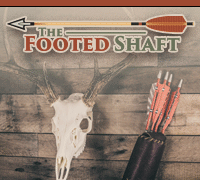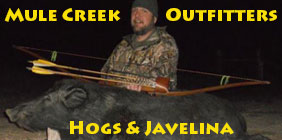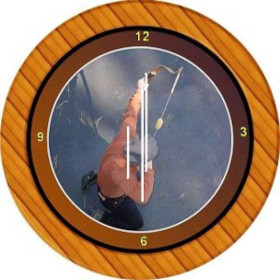It really was not an editorial. It was a letter to the editor in response to the following article that was published in Sept 2010.
HAMBURG, Pa. — To millions of Americans, autumn means not just N.F.L. games and the World Series but also the start of hunting season — a few months packed with chances to stalk deer, bear, ducks and doves with rifles, shotguns, bows and even black-powder muskets.
“Hunting is one of those sports where you can’t have too much stuff,” said Dan Gechtman, 46, one of many customers streaming into Cabela’s, a hunting and fishing megastore here, on a balmy afternoon. “This store is on steroids,” he said while trying on a camouflage suit that fluttered with artificial leaves and taking in the dazzling array of products, stuffed animal dioramas and a laser-shooting arcade.
In some rural areas, hunting is still so universal that schools close on the opening day of deer season. President Obama, in a ritual White House act requested by sporting fans and manufacturers, proclaimed Saturday National Hunting and Fishing Day. But as the hunters revel in their preparations for their annual forays into the wild, hunting enthusiasts are gearing up to reverse the long-term dwindling of their ranks.
As the nation becomes more urban and teenagers seek other recreation, the popularity of hunting is declining. The latest federal survey, in 2006, found that 12.5 million people hunt each year, down from 17 million in 1975. Other studies suggest that perhaps 18 million people hunt occasionally, but in any case, hunters represent a shrinking part of the population.
The graying ranks and the impulses that have sustained stores like Cabela’s, even in the recession, are typified by Gerard Dick, 72, who has hunted since childhood and through a career as a high school science teacher. He owns plenty of weapons, he said, but on Thursday afternoon he was checking out a small rifle with a camouflage-covered stock.
“I’ll use it on turkeys and groundhogs,” he said.
The decline in hunters is a concern for state fish and game agencies, which are financed through licenses and excise taxes on sporting goods, as well as for pro-hunting conservation groups and advocates like the National Rifle Association.
“We’re concerned that in the future we aren’t going to have adequate dollars to manage our wildlife resources,” said John E. Frampton, director of South Carolina’s Department of Natural Resources and president of the Association of Fish and Wildlife Agencies. “We also want to preserve an important part of our heritage.”
Mr. Frampton serves on a new federal advisory board intended “to help promote and preserve America’s hunting heritage for future generations,” in part by drawing in more youths and women.
While declining interest and shrinking wildlife habitat may be the main threats to the pastime, hunting and gun groups are worried by the occasional efforts to restrict it, like the ban on mourning dove hunting in Michigan that was promoted by animal rights advocates.
South Carolina is one of four states, along with Arizona, Arkansas and Tennessee, that will vote this fall on adding the right to hunt and fish to their constitutions. Ten states already have such provisions, according to the National Conference of State Legislatures.
None of these long-term worries were on the mind of Victor Hakes, 53, as he wandered in Cabela’s on Thursday afternoon with his wife, Shawna, and their grandson after making a two-hour drive from northern Pennsylvania. Mr. Hakes, who builds custom trailers, bags deer and turkeys every year but has not yet shot a bear, “although I passed over two cubs,” he said.
On this trip he was just buying boots, but his eyes shifted toward the gun racks. “I’ve got 10 rifles and shotguns, and she won’t let me buy any more,” he said, nudging his wife with a laugh.
Their 3-year-old grandson, Aiden Jaeger, looked with wide eyes at a huge stuffed moose. “He’ll be a hunter and a fisherman,” Mr. Hakes said, expressing a hope that Aiden would buck the national trend and carry on a family tradition.














